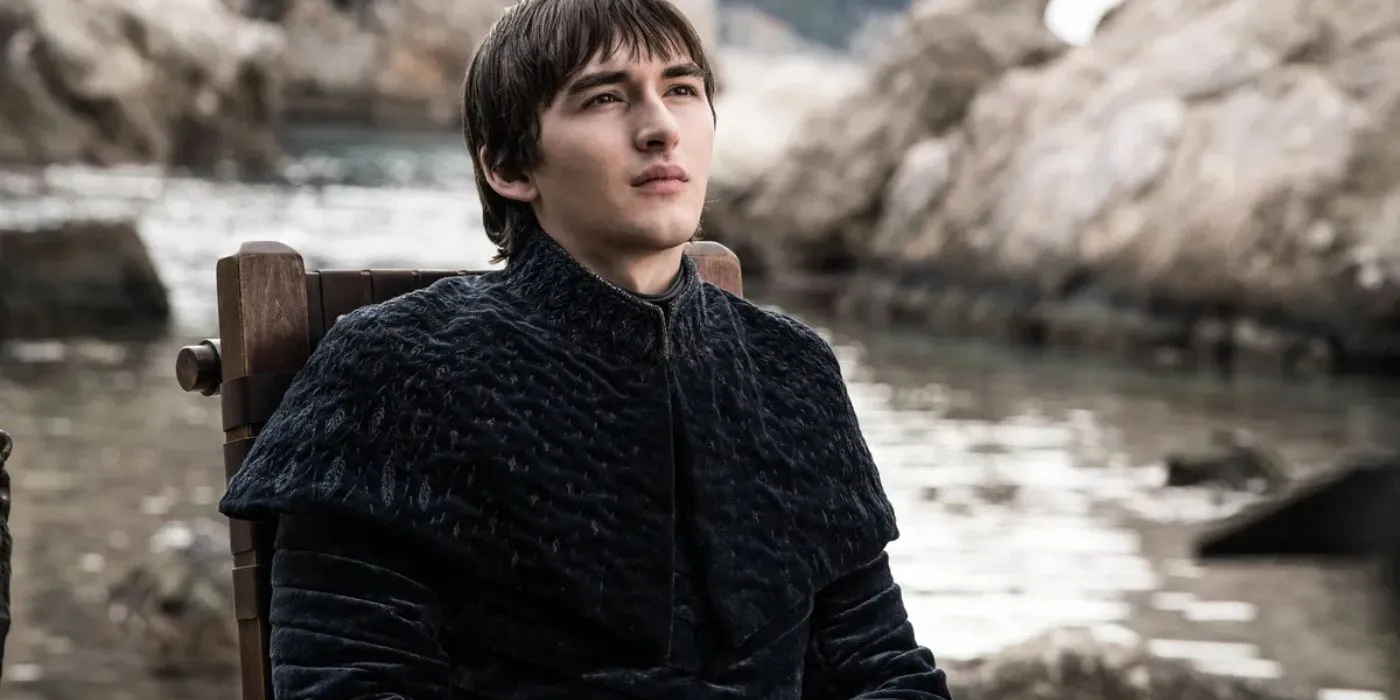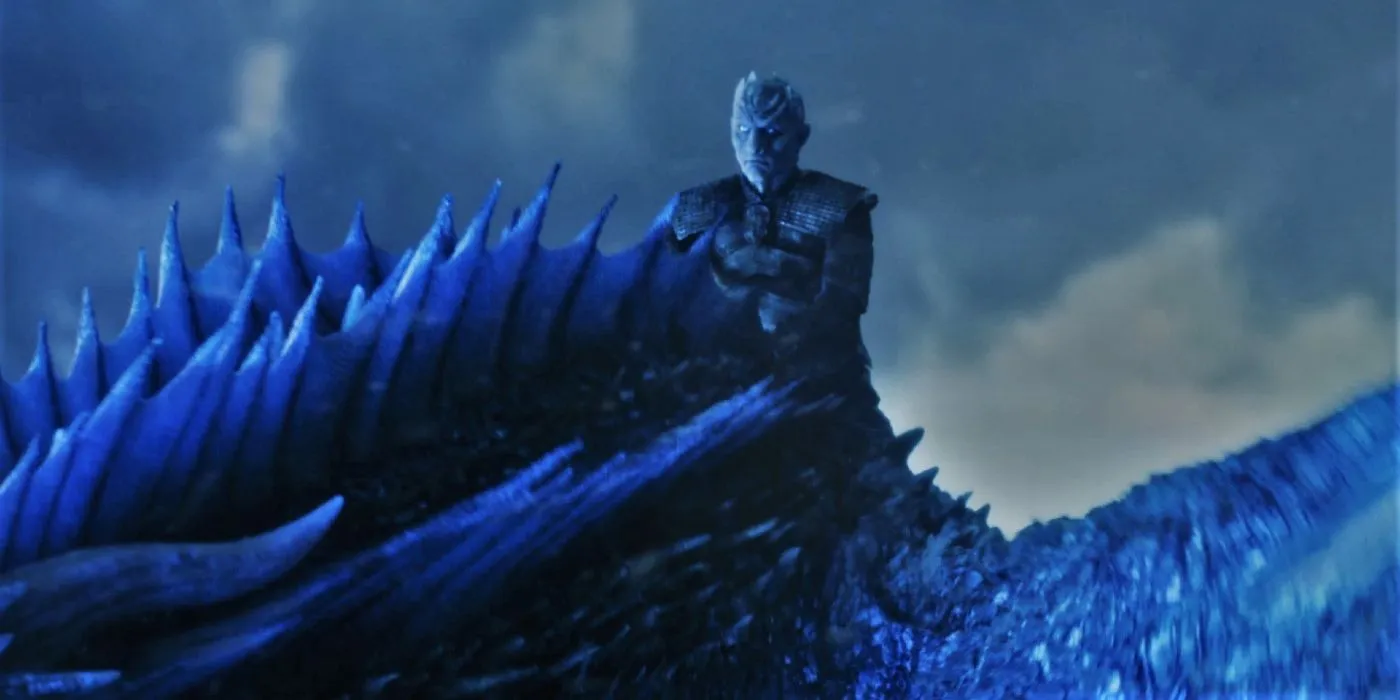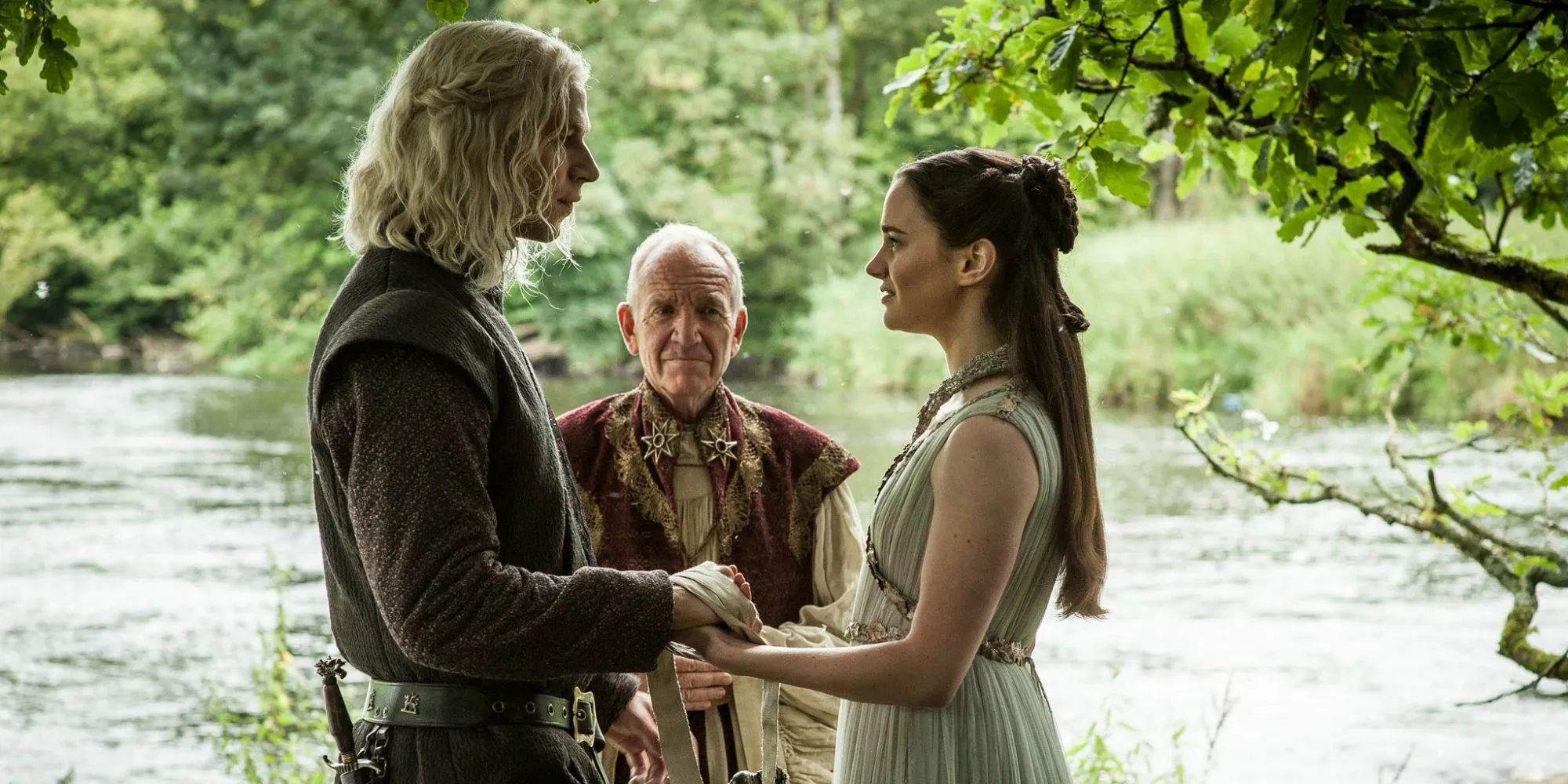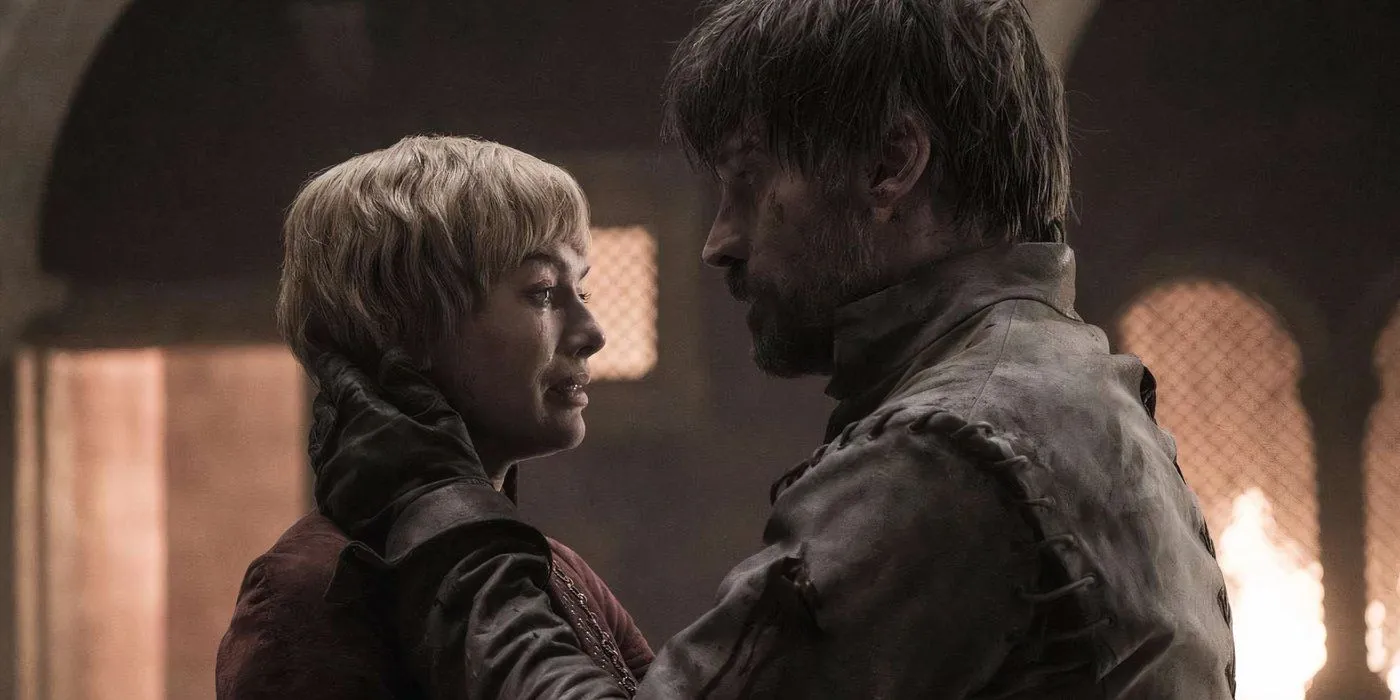
Game of Thrones season 8 has faced significant backlash regarding its conclusion, largely because the finale was condensed into merely six episodes. Although some of these episodes featured extended runtimes, they simply could not measure up to the earlier seasons with their ten-episode formats. In hindsight, the series would have benefitted from an additional season or two, allowing for a more satisfactory conclusion to major character arcs and intricate storylines. Even George R.R. Martin advocated for ten seasons to faithfully adapt the source material.
As a consequence, the decision by showrunners David Benioff and D.B. Weiss to conclude the series with season 8 led to a myriad of discussions about a hypothetical season 9. While an additional season may not remedy the flaws in the eighth season, more installments during the show’s peak could have significantly enriched the narrative. Seasons 9 and 10 could have fostered dramatic developments and provided a more thoughtful resolution to the overarching themes of the series.
The Need for Better Setup for Daenerys Targaryen’s Mad Queen Transformation
Rushed Villain Arc of the Mother of Dragons

The transformation of Daenerys Targaryen into a villain stands out as one of the most controversial aspects of the show’s conclusion, a narrative twist that could have been more convincingly developed with additional seasons. Throughout the series, although Daenerys exhibited moments of authoritarianism, the messaging surrounding her decisions wavered. Historically, she merged her desire for freedom with controversial methods, often affording her enemies opportunities for redemption.
Despite her questionable tactics, Daenerys generally maintained benevolent intentions, famously advocating against the slaughter of innocents. Thus, her decision to incinerate King’s Landing, despite having already secured victory through surrender, felt inconsistent with her character. This sudden shift into brutality lacked the necessary emotional development, rendering her actions one-dimensional.
The decline into madness could have been effectively portrayed in Game of Thrones seasons 9 and 10. A more gradual exploration of her grief from the loss of allies, as well as her dragon, could have lent depth to her character’s deterioration.
Unraveling Bran’s Role with Additional Seasons
The Overshadowed Journey of the Three-Eyed Raven

Similarly, Bran Stark’s ascension to the throne was met with fan discontent, a reaction largely derived from hastily crafted storylines. Despite significant investment in his development as the Three-Eyed Raven, the series neglected to fully elucidate Bran’s significance or the rationale behind his unexpected elevation to leadership as the rightful ruler of the Seven Kingdoms.
While the sentiment that the least power-hungry individual should lead is compelling, Bran’s conclusion felt inadequately earned. Just as with Daenerys’ arc, the narrative would have benefitted significantly from additional seasons to delve deeper into the mythology surrounding the Three-Eyed Raven and clarify the Night King’s motivations against Bran.
Enhancing the Threat of the Night King and the White Walkers

The portrayal of the Night King and his terrifying minions also fell short in season 8. Although Arya Stark’s surprising victory was a memorable moment, the resolution of the White Walker conflict appeared rushed. This confrontation, which was initially promised to be monumental, was contained within a single episode that neither clarified the Night King’s origins nor provided a climactic showdown with Jon Snow.
An extended series could have included an entire season dedicated to the looming threat of the White Walkers, enhancing the storyline and deepening the emotional gravitas. Unfortunately, with projects like HBO’s Bloodmoon being abandoned, the lore surrounding this chilling menace might remain unresolved.
Jon Snow’s Parentage: A Missed Opportunity for Profound Impact
Impact of Jon’s Targaryen Heritage Largely Overlooked

The revelation of Jon Snow’s parentage—stemming from Rhaegar Targaryen and Lyanna Stark—remains a cornerstone of the series, yet it was not sufficiently explored in the final season. While this plot twist carried immense potential, primarily acting as a catalyst for tensions between Jon and Daenerys, it was largely sidelined during the concluding episodes, losing the weight it could have held.
Additional seasons could have explored the ramifications of Jon’s true heritage, showcasing the factions of Westeros aligning with him rather than with Daenerys. This foresight might have enriched the narrative and established a more complex ending, even while still allowing for Jon’s eventual exile. Game of Thrones thrived on subverting expectations, but it missed the chance to effectively leverage Jon’s Targaryen background before the series reached its denouement.
The Necessity for Satisfactory Endings for the Lannisters
The Incomplete Arcs of Cersei, Jaime, and Tyrion

The Lannister family was integral to the tapestry of Game of Thrones, yet each member’s conclusion felt starkly inadequate. Jaime’s resolution perhaps drew the most criticism, undoing his profound character development and redemption throughout the series. His decision to return to Cersei, despite previously fighting against the White Walkers, felt like a betrayal of his arc—an unsatisfying regression that warranted further exploration.
Moreover, Cersei’s conclusion, marked by her minimal engagement and eventual demise beneath collapsing stones, left much to be desired. Key characters did not confront her about her unjust actions, solidifying a lackluster conclusion to her formidable presence in the series. Had there been additional seasons, Cersei might have received a final confrontation that she duly deserved.
Lastly, Tyrion’s character suffered immense underdevelopment in season 8 due to the narrative choices that sought to accelerate Daenerys’ transformation into a villain. A deeper exploration throughout additional seasons could have ensured improved continuity for Tyrion’s cunning and intelligence, freeing both characters from the constraints imposed by rushed storytelling. Unfortunately, these unfulfilled arcs may remain forever unresolved unless future literary works, such as The Winds of Winter, provide closure.




Leave a Reply